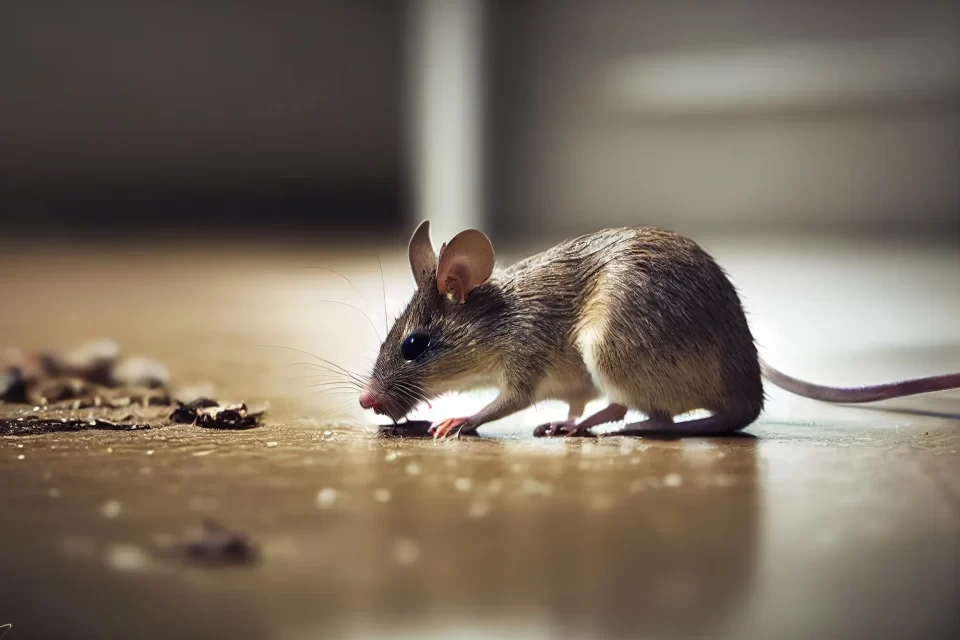Rodents are always looking for food and shelter. Rats and mice in Tulsa are especially active during colder months, but they can be a year-round problem. They can cause real damage once they find a way into your home. These rodents can chew wires, nest in walls, and leave droppings behind. The problems that rodents pose are enough to make to consider professional pest control in Tulsa. Here’s how to stop rodent problems before they get out of control.
Look for the Signs Early
The first step in dealing with rodents is knowing when they have moved in. Mice and rats usually stay hidden, but they leave clues such as droppings, chewed wires or food packaging, and greasy rub marks along walls. Also, you may find nesting material like shredded paper or fabric or hear noises at night.
Seal Up Entry Points
Rodents can squeeze through tiny openings. Tulsa homes often have small gaps and cracks that seem harmless but make perfect entryways for pests. This makes it important to perform a full inspection of your home, especially around windows and doors. Also, there may be openings around vents and utility lines. Use steel wool, caulk, or metal mesh to block holes. Avoid foam sealant alone because rodents can easily chew it through.
Keep Food Sealed and Stored Properly
Rodents come inside to find food. You can expect them to come back again and again Once they know it is available. So, make it harder for them to survive indoors by removing easy meals. This means storing dry goods in airtight containers and cleaning up crumbs and spills quickly. Also, do not leave pet food out overnight, and take out the trash regularly.
Clean Up Clutter and Hiding Spots
Rodents look for spots that are dark, quiet, and safe from people and pets. This means cluttered garages, basements, and storage rooms are perfect for nesting. You can prevent rodents from hiding in these spaces by clearing out piles of boxes, papers, and old clothing. Also, you should organize storage in sealed plastic bins and avoid cardboard.
Trim Back Outdoor Overgrowth
Tall grass, thick bushes, and woodpiles close to the house can attract rodents. It is only a short trip inside from there. Make your yard less inviting by keeping bushes trimmed and away from walls. Also, you must store firewood at least 20 feet from your home. Cleaning up fallen leaves and yard debris can make your outdoor space less appealing to rodents.
Set Traps and Use Baits Safely
Traps can help get the problem under control if you have rodents inside. You can choose from snap traps, live traps, or bait stations. Place traps in areas where you have seen droppings or activity such as along walls, behind appliances, or in the attic. Use peanut butter, chocolate, or dried fruit as bait. Check traps daily and dispose of rodents quickly and safely.
Be cautious with poison baits. Consider using sealed bait stations or working with a pest control professional if you have pets or kids.
Use Natural Deterrents
Some smells naturally keep rodents away. Try peppermint oil on cotton balls in cupboards or corners and used cat litter near entry points. Also, ammonia-soaked rags in problem areas might help deter rodents. These methods can add an extra layer of defense.
Know When to Call a Professional
Sometimes, rodents keep coming back no matter how hard you try. This is the right time to call a pest control expert in Tulsa. Professionals can inspect your home thoroughly, identify hidden entry points, and set up safe and effective traps. Also, they can offer long-term prevention tips. They know how to spot signs of a larger infestation, which might be hiding behind your walls or in your attic.

